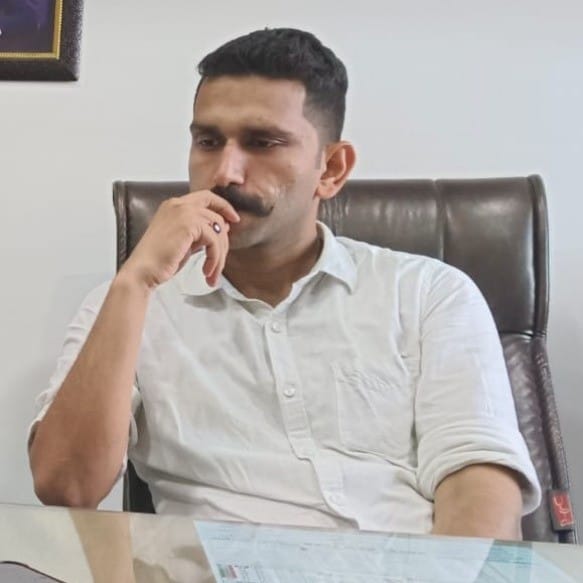Citation: C.C. No. 3700686/PS/2009 Date of Judgement: 3rd July, 2015

Citation: C.C. No. 3700686/PS/2009
Date of Judgement: 3rd July, 2015
Bench: Justice M. R. Natu (Addl. Chief Metropolitan Magistrate)
Facts:
- Sonali Asoka Sawai (Reporter) become friend with accused Yogisha Prabhu through Orkut. But after meeting face to face, she unfriends him.
- She received e-mail having vulgar comment on her on 03/03/2009, 05/03/2009, 06/03/2009, 08/03/2009. The e-mails were displaying nude photographs and gestures. Fake profile of reporter was also made and messages were circulated through it, due to which she started receiving calls asking for sex.
- On enquiry it was found that e-mails were sent from IP addresses which were registered at the workplace of accused. Case was registered against accused under Sections 509 of IPC and 67 and 67A of Information Technology Act, 2000.
Decision:
Court held that accused intentionally and knowingly intervened privacy of reporter which attracts Section 66E of Information Technology Act, 2000 and Section 509 of IPC. However, offence under Sections 67 and 67A of Information Technology Act, 2000 was not established beyond reasonable doubt. So, accused was convicted under Section 509 of IPC and Section 66E of Information Technology Act vide Section 248(2) of CrPC.
Key legal points discussed in the case:
Whether the evidence brought on record connect the accused as author of crime?
Yes
Court referred to Hanumant v. State of Madhya Pradesh[1] and State of Uttar Pradesh v. Ashok Kumar Srivastava[2] which specified that in circumstantial evidence, the circumstances from which the conclusion of guilt is to be drawn should be fully established and consistent only with the hypothesis of the guilt of the accused.
In Jahar Lal Das v. State of Orissa[3], court gave three conditions for circumstantial evidence which must be satisfied for conviction to be sustained:
- the circumstances from which an inference of guilt is sought to be drawn must be cogently and firmly established;
- those circumstances should be of a definite tendency unerringly pointed out towards the guilt of accused;
- the circumstances taken cumulatively should firm a chain so complete that there is no escape from the conclusion that within all human probability the crime was committed by the accused and none else and it should be also to incapable of explanation on any other hypothesis than that of the guilt of the accused.
The reporter and accused were having friendly relationship which reached up to marriage proposal and led to break up. The reporter received e-mails for which she approached investigating machinery. After making inquiry and technical investigation accused was caught. Further seizing the hard disk confirmed that traces of disputed e-mails were sent from it.
Disputed e-mail having unique password was not general e-mail id of the office. So, it could not be available to each office member. E-mails were sent particularly to reported and accused was the only person in the office who personally knew reporter and had knowledge about her.
This created an unbreakable chain of circumstances which without doubt point towards the accused.
[1] 1952 SCR 1091.
[2] 1992 SCR (1) 37.
[3] 1991EQ(SC)O210.



